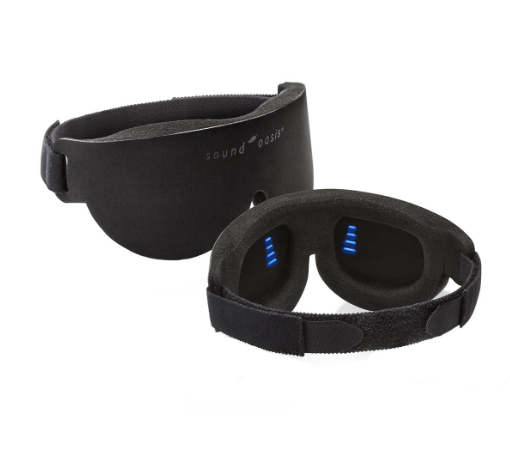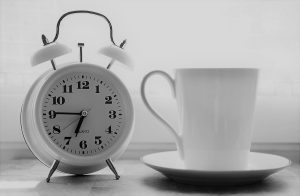With the world finally starting to understand the undeniable impact of good quality sleep, there is a variety of sleep wearables available today. From the more familiar smartwatches and fitness trackers to the new tech in sleeping masks and headphones, all sorts of options are out there.
In this blog post, we investigate some of the best options available and how they work.
Smartwatches
Smartwatches, probably, are the most commonly used sleep wearable around. They can track your sleeping patterns effectively and provide you with accurate information on your sleep stages, awake times, snoring habits, and more.
If you’re looking for the best options in smartwatches, Fitbit Versa 2 is one of the best sleep trackers on the market. It’s a lightweight wrist watch that allows you to check out your deep, light, REM sleep stages as well as awake times every day. It even allows you to do a comparison of your nights with other individuals in your age group or how it was last month.
It comes with a tri-wavelength sensor and a relative SpO2 sensor for unlocking Estimated Oxygen Variation as you sleep. This feature measures your blood oxygen levels along with any large swings that may indicate certain sleep disorders such as sleep apnea.
Depending on your sleep duration, heart rate, sleep restoration, blood oxygen, and the time you spent tossing and turning around, it gives you a certain sleep score. As a result, you can better track how good you are sleeping every night.
Rings
If you don’t feel comfortable wearing fitness trackers and smartwatches, you can opt for rings that can help you track your sleep. The Oura Ring 2 is a small-sized, comfortable sleep wearable. It is equipped with multiple sensors and looks like a novel piece of jewelry.
The Oura Ring 2 features an infrared heart rate monitor, an accelerometer, a gyroscope, and three temperature sensors. It can effectively track your sleep and can tell you the amount of time you spend in every single sleeping stage. There is plentiful information available on its companion app too.
Sleep Masks
Sleep masks are another increasingly popular type of sleep wearables available today. They are actually meant to promote better sleep through sleep therapy.
The Sound Oasis Glo To Sleep Therapy Mask, for instance, uses Glo Points photoluminesce to allow alpha waves to calm your mind while relaxing the body at the same time. It’s a lightweight product that offers excellent light blockage to allow for more comfortable sleep. Made with a hypoallergenic, soft and breathable material, it comes with an adjustable strap that so it can fit perfectly.
Bands
Wrist bands are also among common sleep wearables used today. The Xiaomi Mi Band 4 is a slim, light, and affordable wrist band that monitors your heart rate and gives you a sleep score depending on the time you spent in each sleep stage. It also offers detailed sleep analysis reports through the companion app too.
Headphones
If you can’t sleep in noisy bedrooms, sleeping headphones are probably your best companion. They can effectively block any disruptive noises from neighbors, traffic, snoring partner, or any other source that may affect your sleep quality.
The Moonbow Bedphones are an impressive introduction to the sleep wearables category. These are super-thin, soft foam-covered sleeping earphones. With their low-profile patented on-ear design, they are quite comfortable and allow for comfortable side-sleeping.
Sealy Posturematic Adjustable Foundation
While the Sealy Posturematic Adjustable Foundation is not exactly a tech wearable, it is an impressive piece of sleep tech that will help you get the best sleep of your life. And quality sleep is definitely a good wearable! The Sealy S600 Posturematic and Power Foundation bed will change the way you look at beds forever. With these high-tech beds, you can adjust the mattress to suit your needs, whether you want to lie down flat, with your head up or your feet up. The bed also has a built-in LCD clock, indirect lighting, dual massage and it’s very own remote control. Click here to find out more about this ground-breaking Sealy bed.






